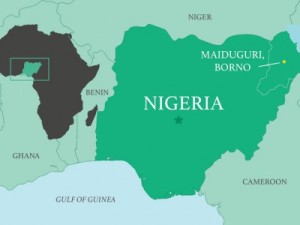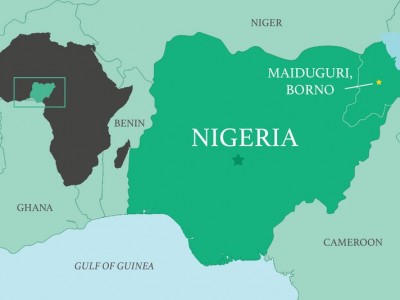 DESPITE the huge opportunities identified in key emerging economies like Nigeria, inadequate holistic plans, availability of funds, government interference as well as delay in the implementation and delivery of infrastructural projects have been identified as key factors limiting the optimism in Africa’s infrastructure space.
DESPITE the huge opportunities identified in key emerging economies like Nigeria, inadequate holistic plans, availability of funds, government interference as well as delay in the implementation and delivery of infrastructural projects have been identified as key factors limiting the optimism in Africa’s infrastructure space.
According to a recent report on “Capital projects and infrastructure in East Africa, South Africa and West Africa: Trends, challenges and future outlook”, by PricewaterhouseCoopers Limited, West Africa’s impressive economic growth profile requires vast investment in enabling infrastructure but often limited by many challenges.
Hitherto, the African Development Bank (AfDB) noted that Africa requires huge investments to develop, upgrade and maintain its infrastructure, stating that the region would need to spend an additional $40 billion a year on infrastructure to address not only current weaknesses but also to keep pace with economic growth.
With about over $93 billion in infrastructure deficit recorded over the years, the report showed that infrastructural programmes in South Africa and Nigeria make up almost 60 per cent of funds spent in the sub-Saharan African region.
Indeed, the report showed that Nigeria’s infrastructure projects are most times behind schedule date for delivery by at least two years while budget estimates are double the original estimates.
Addressing journalists in Lagos, yesterday, Capital projects and Infrastructure (CP&I) Leader for PwC Africa, Jonathan Cawood explained that emerging trends in Nigeria and other African economies are beginning to change infrastructure needs.
Specifically, he identified demographic shift, economic shift, changing technology, urbanisation and exploitation of natural resources as major factors driving infrastructure programmes.
“Infrastructure plays a key role in economic growth and reducing poverty having a 5-25 per cent yearly return on investment as an economic multiplier. Those countries that have been most successful in developing and maintaining infrastructure have established programmes of prioritised investment opportunities with a number of features, including clear political support, proper legal and regulatory structure, a procurement framework that can be understood by both procurers and bidders, and credible project timetables.
“Resolving identified challenges quickly and creatively will not only positively affect the outcome of current projects, but more importantly, will attract other project developers, owners and investors to enter the African market”, Cawood added.
With a growth projection of $180 billion in yearly infrastructure spending by 2025 as against $70 billion in 2014, the report stated that investors are poised to increase spending on new development and assets.
On his part, Capital projects and Infrastructure (CP&I) Leader for PwC Nigeria, Ian Aruofor advocated clarity in infrastructural plans, spending and implementation adding that clarity in the entire process attracts adequate funding for projects while mitigating shocks that may arise in the course of project implementation.
“Project costs are often tied around time of delivery and once this changes, it affects the cost. Nigeria needs to embrace project management solutions to address inefficiencies that often arise. Having participated in many advisory services for distribution companies under the recent power project, Pwc believes projects should have holistic plans to mitigate inefficiencies that may arise as a result of the regulation or the business environment”, Aruofor explained.







